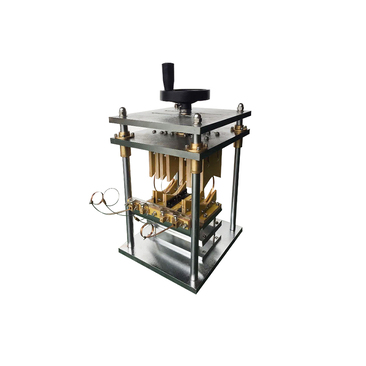metal tensile tester
Understanding Metal Tensile Testers A Key Tool in Material Testing
In the realm of material science and engineering, testing the mechanical properties of metals is crucial for ensuring their suitability in various applications. One of the most significant tests conducted is the tensile test, which assesses how materials respond to uniaxial tension. At the forefront of this testing procedure is the metal tensile tester, a specialized device designed to measure the tensile strength, ductility, and elasticity of metal samples.
A metal tensile tester operates by applying a controlled pulling force to a standardized metal specimen until it deforms and ultimately breaks. This process is meticulously controlled and monitored, allowing engineers to gather vital data about the material's characteristics. The specimen, typically in the form of a dog-bone-shaped piece, is placed in the machine’s grips. As the machine exerts force on the specimen, it measures parameters such as elongation, yield point, and ultimate tensile strength.
One of the key benefits of using a metal tensile tester is its ability to provide accurate and repeatable results. These machines are equipped with advanced sensors and data acquisition systems that capture real-time information during the test. This data is then analyzed to produce stress-strain curves, which graphically represent the relationship between stress (the force applied) and strain (the deformation resulting from that force). By studying these curves, engineers can determine critical properties such as Young's modulus, the yield strength, and the maximum tensile strength of the material.
metal tensile tester

Moreover, the results derived from metal tensile testing play a significant role in quality control and material selection. Industries such as construction, aerospace, automotive, and manufacturing rely heavily on metals that can withstand specific loads and stresses. By conducting tensile tests, engineers can ensure that the materials used in their projects meet the required standards and specifications, minimizing the risk of failure and enhancing overall safety.
In recent years, advancements in technology have led to the development of more sophisticated tensile testers, incorporating features such as automated testing, enhanced data analysis capabilities, and more ergonomic designs for ease of use. These innovations not only improve testing efficiency but also expand the range of materials that can be tested, including advanced alloys and composites.
In conclusion, the metal tensile tester is an indispensable tool in the field of materials testing. It enables engineers to evaluate the mechanical properties of metals comprehensively, ensuring the materials used in various applications are fit for purpose. As technology continues to evolve, the role of tensile testing in ensuring material performance and safety will only grow more significant, underscoring its importance in modern engineering and manufacturing practices.
-
reliable-performance-testing-with-advanced-aging-chamber-solutions
NewsAug.23,2025
-
advancing-precision-with-profile-projector-technology
NewsAug.23,2025
-
uv-led-ultraviolet-crosslinking-technology-innovation-and-prospects
NewsAug.23,2025
-
ensuring-safety-and-compliance
NewsAug.23,2025
-
electrical-properties-testing-in-modern-applications
NewsAug.23,2025
-
universal-tensile-testing-machine-applications-in-modern-electrical-and-material-testing
NewsAug.23,2025
 Copyright © 2025 Hebei Fangyuan Instrument & Equipment Co.,Ltd. All Rights Reserved. Sitemap | Privacy Policy
Copyright © 2025 Hebei Fangyuan Instrument & Equipment Co.,Ltd. All Rights Reserved. Sitemap | Privacy Policy

